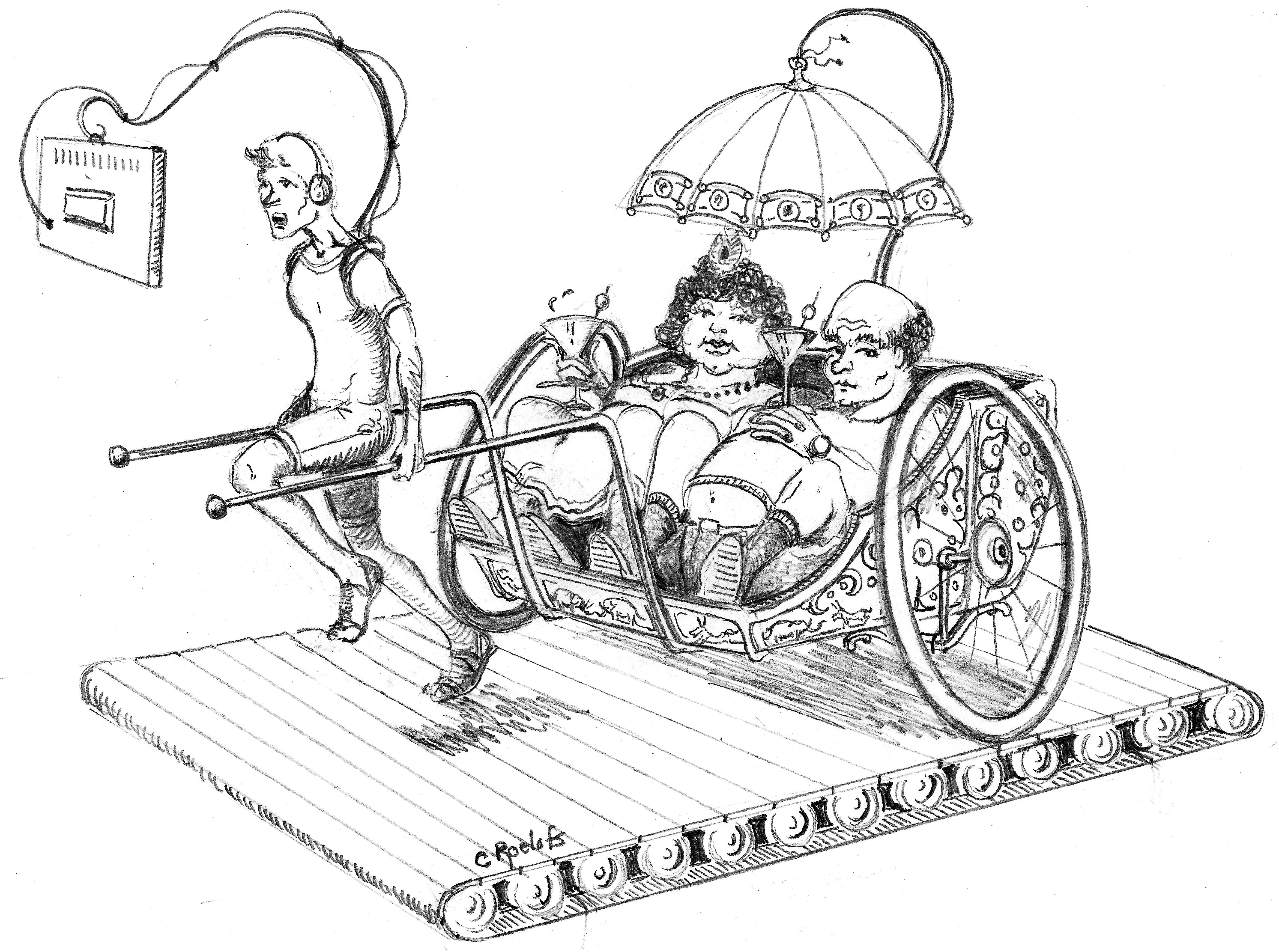The health care industry is a pretty massive (and massively important) economic concept. In 2012, it was worth about $3 trillion in the United States alone; home health care (just home) is approaching $300 billion industry value. It’s also a huge job engine in some respects — in 2022, working in health care is going to be a dominant sector of the U.S. economy. The conventional narrative in this space is pretty simple: Boomers will start passing away, and yet, 1 in 3 people being born might live to 100. That’s going to take a lot of doctors and support personnel going forward, and thankfully, med school applications seem to be (mostly) trending up.
But there’s an interesting thing that could happen on the management side of health care — in (arguably) the world’s most important industry (perhaps behind energy or oil), could we see the ultimate example of the dividing line between Boomers and millennials? Perhaps.
Look at this article on Harvard Business Review, and pay particular attention to this paragraph:
The overwhelming sentiment among our roundtable participants was that the impediments to change are mostly internal. Less than a fifth of respondents said that market competition is the primary challenge they face in addressing the ongoing shift from volume-based to value-based payment. A similar share said that outdated or ineffective IT infrastructure is their major roadblock, and almost two-thirds identified either cultural resistance or misalignment with physicians as their biggest obstacle. One executive told us that his greatest challenge is persuading the “59-year-old physician who recognizes that things are changing but is hoping he or she can hang on.”
I actually worked for McKesson — one of the biggest health care players in the world, essentially — for 10 weeks in the summer of 2013. It was designed as a summer job between my two years of graduate school, and it was mostly pointless. A lot of what happened that summer actually drove this blog, though, because I saw a really successful company have some absolutely terrible management, work practices, training, etc. all up and down the line. (It really did get me thinking.)
One of the biggest things you would see at McKesson, and that I’ve heard from other friends of mine who work in health care, is that idea captured in the final sentence of the pull-quote above: 59 year-old who recognizes that things are changing…
This is changing a little bit recently, but for the better part of the last 30 years, doctors made a lot of money. It was a good profession to be in if you wanted to achieve a solid middle-to-upper-middle-class lifestyle. So think about someone who’s 60 right now. A doctor has about 10 years from the start of the med school process until they make money (possibly longer). So if someone went to med school at 23, started making some cash around 35, paid off some loans, and has been in that world for 25 years … why would they want to change anything? They’ve probably got the nice house, the yard, the three kids, the friend circle, the respect of their community, etc.
That idea is very much what you see in the whole “Boomer vs. Millennial” debate in every circle — future of work, attitudes towards family, attitudes towards cities, attitudes towards communication, attitudes towards technology, etc.
If you’ve even spent a minute inside of the health care industry — as a patient, as an intern, as whatever — you obviously understand it’s a little bit behind-the-times in some ways. The management approach isn’t necessarily there; the technology sure as hell isn’t there (broadly speaking).
So you have a situation where a massively-important, massively-cash-laden industry needs to evolve, but the Baby Boomer generation is hanging on to it because that’s worked for them and made them individually successful. Can a “disruptive” generation (millennials or even Gen Y) come in and change it, or are the ways of doing things too entrenched?
I remember when 60 Minutes tried to paint the transition from Jay Leno to Jimmy Fallon as representative of the Boomer class starting to give way. I thought that was a reach at the time. But the rubber may meet the road in the whole “generations wanting different things” discussion in the health care sector.
